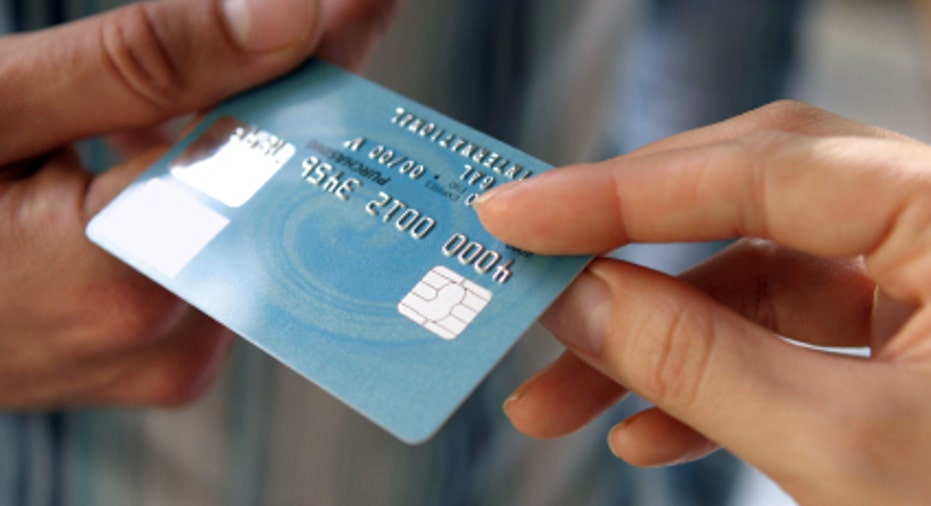Six Critical Lessons to Teach Your Teen About Credit

If you're the parent of a teenager, at some point he or she is going to ask you about two things that may make your heart skip a beat: getting a driver's license, and getting a credit card.
Before your son or daughter can get behind the wheel of a car with a license, he or she is at least required to take a driver's education course and a driving exam. (Then there's the matter of prying those vehicle keys out of your hands.)
Unfortunately, there's no such practice training or financial testing procedure when it comes to your teen being granted a credit card. How do you help your kid avoid getting into a financial wreck with their newly obtained plastic?
Fortunately, there are ways you can help your teen get off to a good start with a credit card. Start with these six critical lessons:
1. Credit cards are borrowed money
It's easy for young and inexperienced teens to feel like credit cards allow them to spend on virtually anything they want. But teenagers have to be advised, first and foremost, that a credit card is not a gift. It's a loan that has to be repaid. Consequently, they should follow strict spending rules when deciding what to purchase. The best advice to prevent overspending: "Never make purchases on your credit card unless you can pay them off at the end of the month," recommends Leslie Greenman, a financial advisor.
2. It's not free
Your teenager needs to know that banks charge money, in the form of interest and fees, to use a credit card. That's why Jesse Ryan, managing director at the financial firm Accounting Principals, suggests that young people not rely on credit cards at all as they begin to learn how to juggle new expenses. He favors the more regular use of a debit card. But "if you must use a credit card, shop around for a card with a low interest rate, preferably below the 12% range," he says.
3. Banks are in business
Credit card issuers vying for teenage consumers may offer branded, cool-looking cards, student credit cards with a teen's photo, or credit card perks that appeal to the teen crowd. But mainly, banks just want teens to use their cards so they can make money. To prevent excessive use of credit and to ease teens into the world of credit, Ryan recommends that teens "take out only one credit card to be used only for emergency purposes."
4. Scrutinize the fine print
Teens should be taught to read the fine print of credit card agreements. For example, what late fees would be charged if you don't pay a bill on time? Is there an annual fee? And what's the cost of things like balance transfers or using online bill payment? Though credit card features such as rewards points can be tempting, teens must also look carefully at pricing and terms.
5. Don't seek happiness in the mall
Julie Murphy Casserly, a Certified Financial Planner, stresses the importance of teaching teens that money - and even a big credit card limit - can't buy happiness.
So if you have teens, "help your children understand that material things … are often a source of immediate happiness," Casserly says. "But sooner or later, this happiness fades and they will be left searching for deeper self-fulfillment." In other words, don't use credit cards as a form of retail therapy.
6. Be responsible
Above all, it's important that teens learn to consistently pay their credit card bills on time, since credit card companies report their payment history to credit reporting agencies. Explain to your teen that their payment history now will help determine how much credit they can get in the future. It will also impact their ability to rent an apartment or buy that new car they'll soon want.
Gabe Albarian, the author of Financial Swagger, a personal finance guide for young adults says: "The bottom line here is that once you have use of a credit card, you want to pay your bills on time, keep your balances low, don't take on more credit than you need and if you've missed a payment you should get current and stay current."
The original article can be found at CardRatings.com:6 critical lessons to teach your teen about credit



















